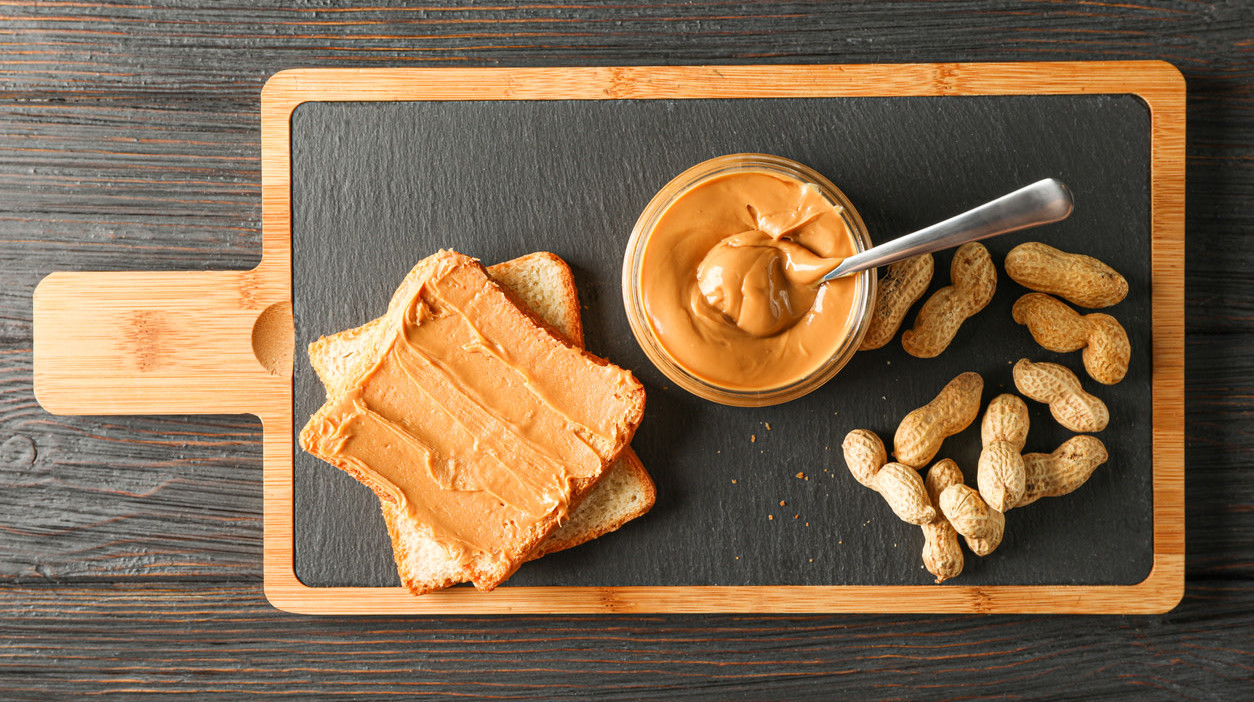FDA Approves Drug That Could Treat Peanut Allergies In Children
Well over a million children in the U.S. suffer a peanut allergy, ranging from mild to life-threatening, and now a new treatment program might help their families manage that condition more easily. Palforzia, approved in January by the FDA, isn't a cure to peanut allergies, but rather a therapy that combines doses of the newly developed drug with "oral immunotherapy"—i.e., intentional exposure to small amounts of peanuts. Taken together, these two factors could gradually raise a child's tolerance to peanuts.
As the Washington Post explains, Palforzia won't suddenly let an allergy sufferer eat fistfuls of peanuts, but it can mitigate the effect of being around peanuts, and if effective, it has the potential to increase the quality of life of an allergic person and their family. Giuliana Ortega, an 8-year-old who has been receiving Palforzia treatment for the past four years, tells the Post how her life has changed since taking the drug: "I've gone on a vacation, can sit at a normal table [instead of the peanut allergy table] with the normal kids when I want to, go to the theater without wiping the seat down, can go to a hotel safely, can fly on a plane now."
Ortega is one of the drug's success stories, though there are a lot of caveats associated with Palforzia. It's only recommended for children ages 4 to 17 and requires exposure to increasing doses of peanut protein (oral immunotherapy), which can cause life-threatening reactions in some patients. The price tag is high and the time investment is extensive, as the drug must be taken regularly under a doctor's supervision. One study found insufficient evidence that Palforzia was more effective than trying oral immunotherapy on its own. But now that the FDA has approved this method, it's likely more families will try it out and see if it has a positive impact on the day-to-day navigation of severe allergies.
